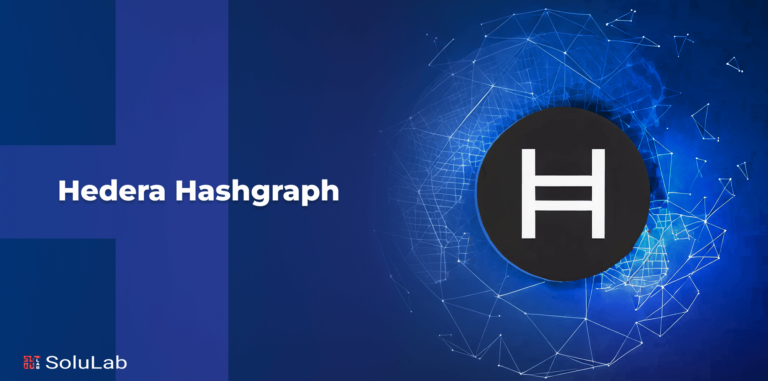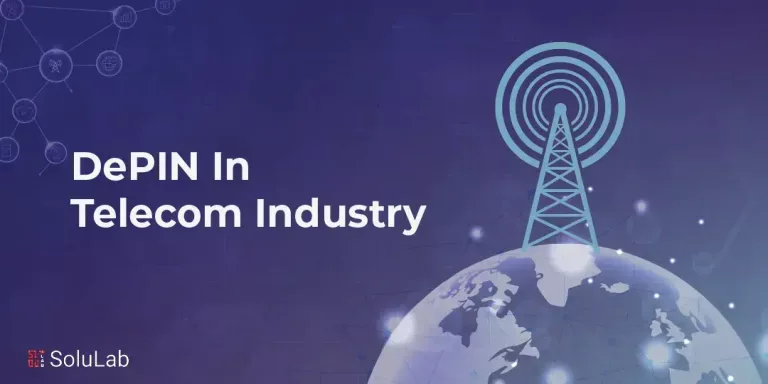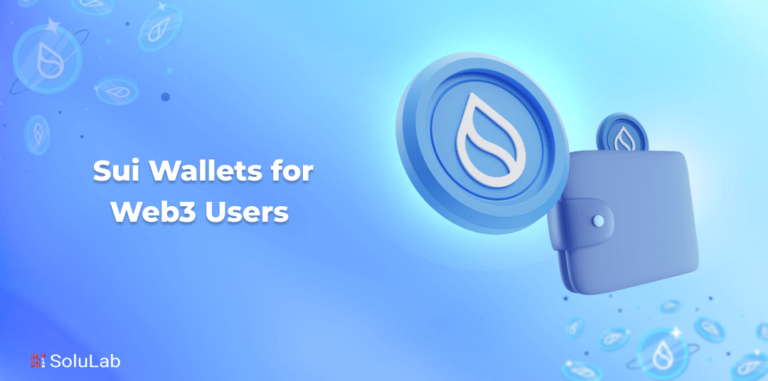ICOs are becoming more and more popular day by day. There are reasons behind this fact. All parties are enjoying some or other benefit. Many of the perks for donors also apply to founders. At the very least, these advantages motivate more donors to select ICOs over conventional investment alternatives.
Even though ICOs have been around for five years, many people still don’t understand what they are, much alone investing in them to make some fast money.
A Regulatory Perspective on ICO Fundraising
Coinciding with the development of blockchain or distributed ledger technology (DLT), Initial Coin Offering or ICO has gained traction in the past three years as a means for companies to generate money using blockchain.
It is conceptually similar to crowdsourcing and a conventional initial public offering (IPO), with investors receiving tokens rather than shares in return for their investment money.
The critical distinction between an IPO and a private equity raise is that tokens do not immediately imply company ownership but often offer a different advantage to the buyer. Utility tokens are often restricted in quantity and essential to the issuer’s business model, granting the right to engage in the products or services provided by the issuer.
Other tokens may imply a right to – a voting right, a licence, a dividend, a property right, or a right to participate in the issuing company’s future success. Considering this case, the token issue is known as an STO (Security Token Offering) or a payment token in certain countries, such as Switzerland. However, in any case, this kind of token is likely to come under securities laws. However, because to the fledgling nature of regulation in the industry, none of these rights are usually protected.
The appeal of blockchain technology seems to be due to its openness and simplicity of use. For instance, many startups have opted to issue their tokens on the Ethereum blockchain. They do this utilizing the cryptocurrency Ether or their currency as a means of payment. This enables investors to buy and keep tokens from the comfort of their own homes without the need for costly brokers, agents, or advisers.
A genuine safety net for investing people is one of the most apparent issues with an unregulated or recently regulated sector. Because many blockchain businesses are worldwide and virtual in design, there is very little compensation available if investments fail or are found to be frauds.
Not much emphasis is being laid on the supervision of the quality and sustainability of many issuers entering the ICO market.
Many legislators are scrambling to catch up, and significant authorities such as the US Securities Exchange Commission (SEC) and the French Autorité des Marchés Financiers (AMF) are already thinking outside the box to incorporate the ICO phenomenon into national legislation fairly and appropriately. One significant point of contention is how to classify the tokens produced, whether they should be subject to current securities regulations or classed as commodities or primary assets. The solution for this is dependent on the nature of the token.
This challenge in determining the actual nature of tokens extends to other vital areas, such as secondary exchanges and tax treatment. It will require considerable collaboration among central authorities on a worldwide scale to be resolved successfully.
In the accompanying study, we evaluate the benefits and drawbacks of ICOs, asking why they should be utilized instead of traditional types of capital raising and which businesses or business models they are best suited for. We also receive an update on current legislative developments from nine legal professionals from various but equally progressive countries worldwide, who provide their perspectives on how ICOs may best be policed on a national and supranational basis.
Finally, we examine secondary markets and how token gains should be handled when crystallized by ICO investors.
How do ICOs aid in liquidity?
Lack of cash is a frequent barrier for individuals searching for new investment opportunities. Several possibilities have been closed for many years due to a lack of funding.
ICOs can provide tremendous liquidity to investors. Moreover, the secondary market implies that real-time pricing is dependent on the project’s current worth.
How valuable is the decentralization of ICOs?
ICOs may be accessible to everyone, especially if the ICO accepts cryptocurrency. Most ICOs demand that the donor be able to transfer money in time to purchase.
Contributors can both invest and participate at any moment in an ICO. This is in contrast to conventional methods of startup financing, in which it is almost challenging to become an early investor unless you are in close touch with one of the founders.
Investing early is advantageous since contributors pay less by avoiding premiums. In addition, contributors may become early investors by paying attention to future ICOs and buying tokens shortly after the launch.
How do ICOs aid in easy funding?
Many initiatives struggle to get financing via conventional channels, particularly if they lack interest for one reason or another. Many initiatives struggle to get financing via conventional channels, particularly if they lack interest for one reason or another.Sometimes, this is simply due to location or the type of offering, which is especially the case for non-profits. Because of the easy financing processes of ICOs, any project may possibly get money.
How are ICOs the perfect fit for investment in cryptocurrencies?
Holders of cryptocurrencies are often reluctant to utilize their riches because they prefer not to convert it to fiat and pay taxes. This implies that cryptocurrencies continue to gain value, but individuals are unable to profit from them. Thus, ICOs are the ideal outlet.
More investors are becoming aware of the advantages of ICOs and, as a result, are searching for new projects to participate in. When considering an ICO as a means of funding your concept, keep in mind the benefits for both your company and investors.
ICOs are regarded as pioneering the democratization of wealth-generating possibilities
Any US citizen may purchase tokens. A token launch is not the same as an equity sale; the latter is governed by the 1934 Act, while the former is more akin to selling API keys.
While stocks can only be sold to so-called “accredited investors” in the United States (the 3% of people with a net worth of more than €1 million), the US could not limit the selling of API keys to accredited investors alone without destroying its IT sector. Thus, if tokens (such as API keys) can be sold to 100% of the American population, it represents a 33x increase in the potential US buyer base compared to conventional equity funding for a US startup.
Tokens may be traded globally through the internet (with a 20–25X increase in purchasers).
Token launches are usually global events, with digital money transfers arriving from all over the globe. New bank accounts receiving thousands of wire transfers from all over the world in minutes for millions of dollars would very indeed be blocked. At the same time, a token sale paid in digital currency is always open for business. Given that the United States accounts for just 4–5% of the global population, worldwide availability increases the possible customer base by a ratio of 20–25X.
Tokens have a liquidity premium (a time-to-liquidity enhancement of more than 1000X).
A token has a price that is set when it is sold, and that price floats freely in a worldwide market that is open 24 hours a day, seven days a week. This is not the same as equity. While seed investor stock may take ten years to become liquid in an exit, a token can theoretically be sold in 10 minutes — but founders can and should cryptographically lock up tokens to prevent short-term speculation.
Whether you choose to sell or utilize your tokens, the time difference between 10 years and 10 minutes to obtain the choice of liquidity is up to 500,000X faster. Still, any gain in value is likely to be more significant and more sustained within a 10-year timeframe.
Because the time to liquidity is inversely proportional to the exponent of the compound annual growth rate, tokens would prevail anytime they are legally and technically viable. As a result, users may engage in new token offers with ease, allowing for quicker growth.
Tokens will decentralize the financing of technologies.
Because token launches may take place in any nation, the significance of raising funds in the United States in general, or Silicon Valley / Wall Street in particular, will decrease. Silicon Valley will most certainly continue to be the world’s top technological centre. Still, it will no longer be essential for engineers to physically go to the United States, as it did for earlier generations.
Tokens allow for the creation of a new business model: better-than-free.
Google and Facebook, for example, provide beneficial free goods. Despite this, they have been chastised for earning billions of dollars while giving free service to early users.
The token launch concept will offer a technically viable method for software firms (and open source projects in general) to distribute wealth and rally their user base behind their success. This is a better-than-free business model in which consumers profit from being early adopters.
Token purchasers will be like bloggers are to journalists.Tokens will lower the barrier between professional investors and token purchasers in the same manner that the internet did for professional journalists, tweeters, and blogs.
Consequences
Anyone may now become an amateur journalist thanks to the internet. Likewise, millions of individuals will now become inexperienced traders.
As with journalism, some of these amateurs will excel and utilize their token-buying record to break into professional leagues.
Just as it became a professional necessity for journalists to use Twitter, institutional investors of all sizes, from startup funds to hedge funds, will get involved in token purchases.
Similar to Blogger and Twitter, new tools will be created to make it simple for individuals to use, purchase, trade, and discuss tokens with others.
Tokens imply immediate custody without the need for intermediaries.Because token purchasers need to possess private keys to ensure custody, it alters our understanding of property rights. The ultimate arbitrator of who owns what property in tokens is not a national judicial system but an international blockchain.
The ICO method has various helpful features, such as the ability to split or consolidate ICO tokens. In addition, ICO coins, like regular cryptocurrency currencies, enjoy the same anonymity as stable cryptocurrency coins.Coins may be sold or purchased on cryptocurrency exchanges, which will naturally trade in them.
Benefits of contributors over stock ownership while participating in an ICO:
Transparency in money usage, an escrow may be used to check how funds are used after the ICO. In early-stage businesses, early donors will have greater liquidity. Early access to a coin with high capital growth potential. No government organization regulates or registers it.
A novel method of deploying money that protects against political and economic shocks.
An ICO that utilizes existing networks like Stratis, Ardor, and Ethereum taps on a current ecosystem’s network capital.
Contributors are often the first token users; therefore, unlike owning shares in a business whose goods the contributor has never touched, tokens may be more tangible than stocks.
Investing in ICOs may provide returns of up to 1000 per cent, with gains from successes outweighing losses from failures.
Quick Read: How To Launch A Successful ICO – Necessary Steps And Important Tips
Conclusion
The initial coin offering (ICO) is a brand-new phenomenon in the world of finance and technology. In recent years, the advent of ICOs has had a significant effect on capital-raising procedures.




